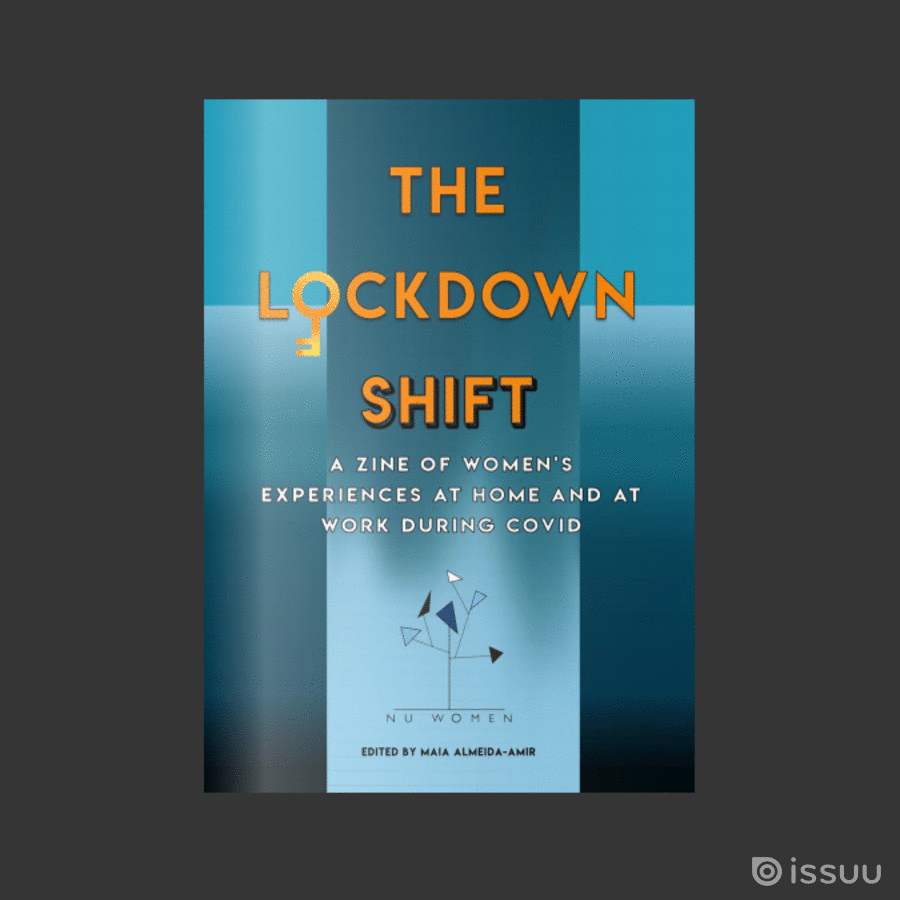This year International Women’s Day falls amid a sustained period of industrial action taken by University and College Union members to defend our rights to secure contracts, equality at work, fair workloads, fair pay and a liveable pension. All of these issues have a particular and pronounced effect on women and other marginalised genders, and intersect with other structures of oppression.
Across the country, women are bearing the brunt of the ongoing cost of living crisis; women are already losing thousands from their pensions because of time out for caring responsibilities; workloads are debilitating for women who are often the ones who are taking on more of the domestic load at home; and women on precarious contracts are treated as ‘non-citizens of the academy’, are undervalued in terms of status, rights, entitlements, pay and decision-making power, and cannot plan on having children.
At Newcastle University, the mean gender pay gap is 17.8%, nearly 3% above the national average for universities. Women in academic roles are paid 11.4% less than men, women in professional services roles are paid 8.2% less than men, women receive 76.5% less in bonus payments than men, and women occupy 67.5% of the lowest paid jobs. Increasingly, women at Newcastle University are working longer hours than men, often working longer than their expected hours, and finding their workload unmanageable.
In this context, International Women’s Day is an opportunity for the University to gloss over these material and structural inequalities, perform equality work, and benefit from a reputation as a progressive institution. Much of the hard work of creating marketable International Women’s Day events and other EDI labour falls on the shoulders of women and other minoritised colleagues and is often unpaid.
In solidarity with striking UCU members, this year NU Women are refusing to participate in providing Newcastle University with marketing material to obfuscate the material realities of women working within the institution. Instead, we are choosing to draw attention to it with our pay gap posters. We invite you to keep these figures in mind when interacting with the University’s celebrations of womens’ work and achievements across the institution. We invite you to consider how these achievements are made within unsupportive environments, how women’s labour is re-appropriated into a narrative of a feminist institution, and how much Newcastle University actually values this work if it refuses to pay for it equally.
We wish all Newcastle women a happy International Women’s Day and hope you are able to find time to rest, celebrate, organise, and observe the day in your own way.

